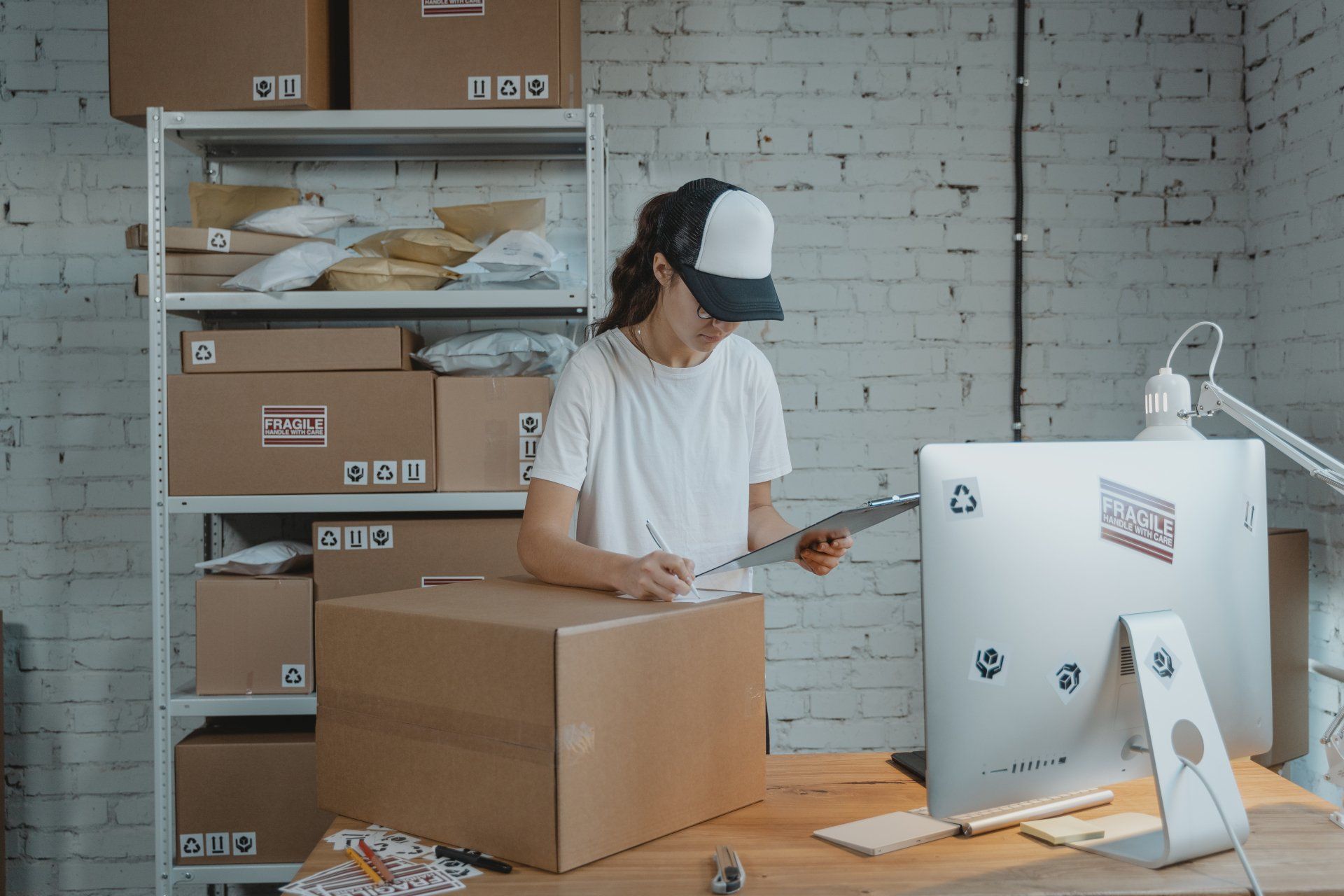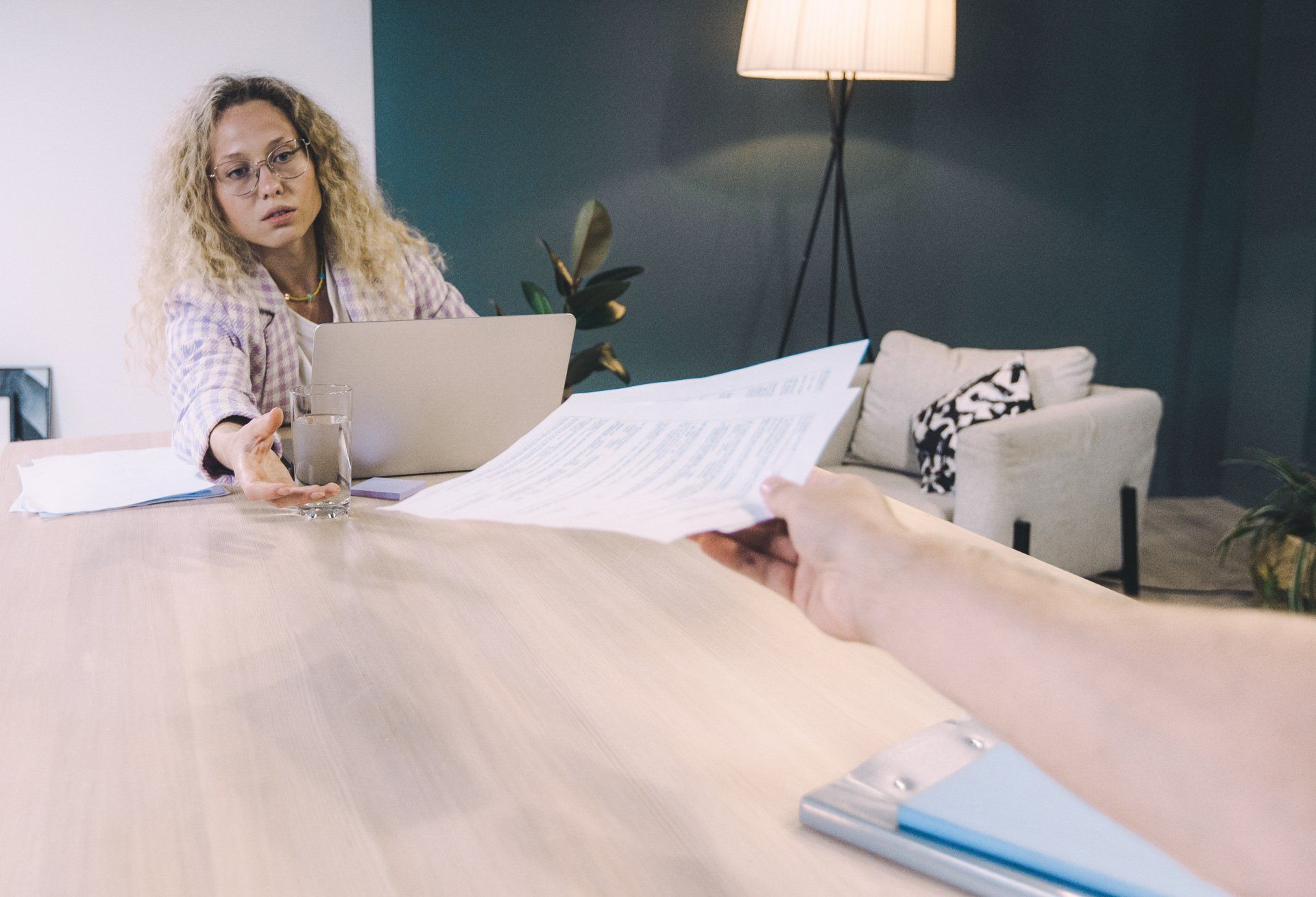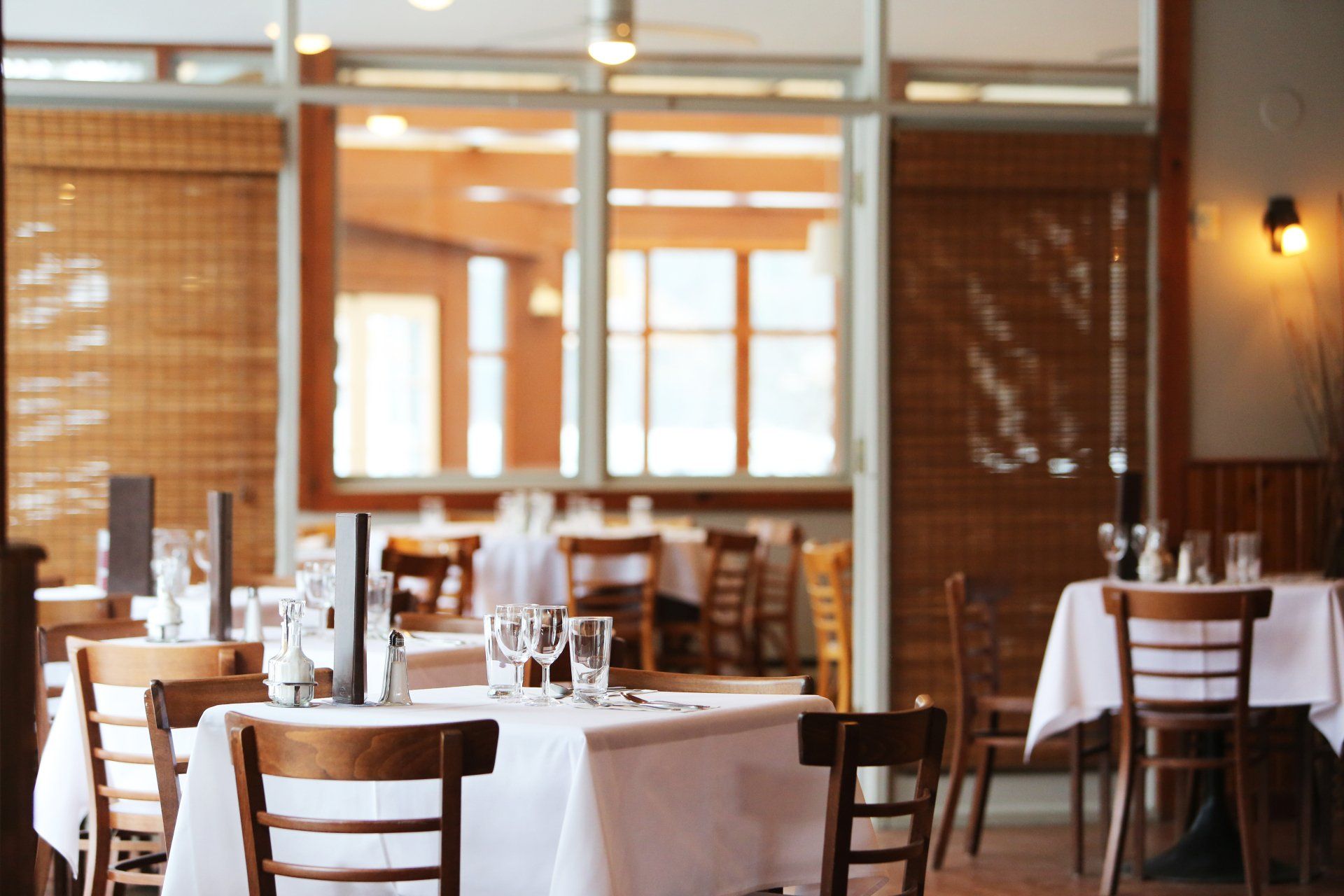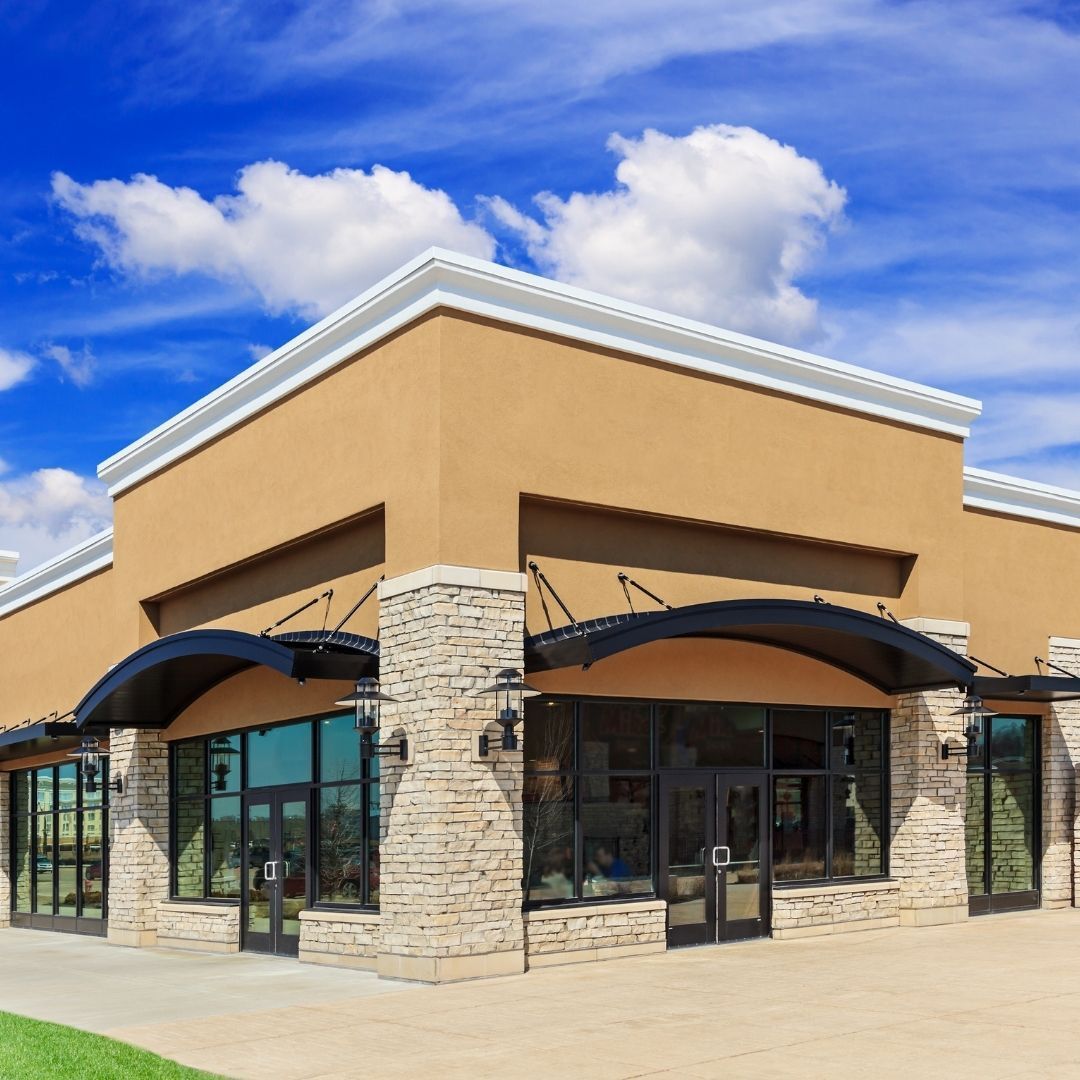FAQ - Commercial Loans In Florida | How Do I Get Started?
The process of seeking a commercial loan in Florida can be overwhelming.
But it doesn't have to be. DDA mortgage has put together here simple steps to help you start the commercial loan process.
A commercial loan in Florida can be used for a variety of purposes. If you are looking to buy equipment, make improvements to your real estate, or expand your business, a commercial loan is an excellent investment opportunity.
Here's what you need to do to start applying for a loan.
Determine how you are going to use the loan
Before you begin filling out any paperwork, it is important to determine how you are going to use the loan. If you plan on using the funds for personal use, such as buying furniture or paying off some credit card debt, then you will need to complete an application for a personal loan. If you are buying a home with plans to rent it out or use it for business purposes, then you will need an application for an investment property loan instead.

Determine how much you need to borrow
Next, figure out how much money you need from the lender by calculating your monthly housing payment after taxes and insurance have been paid by your landlord or condo association. This number should account for all additional costs associated with owning a home as well, including utility bills and maintenance fees. Be sure not to overlook any potential expenses that may come up during your tenure in your new home!
Look at loan options
The best commercial real estate loan for your business will depend on the specific type of financing you need and the property you intend to finance.
Conventional Commercial Real Estate Loans
If you're looking for traditional financing for your real estate purchase, a conventional business loan is probably the best option for you. Conventional commercial loans tend to be the most straightforward type of commercial loan. They are what you would expect-a commercial mortgage-backed by commercial property. The lender is typically a bank, credit union, or other types of investment institution.
SBA 7(a) Loan Program
The U.S. Small Business Administration (SBA) offers an array of loan programs for very small businesses — those with fewer than 500 employees. The most popular is the SBA 7(a) loan program, which can be used for working capital, buying equipment, or buying commercial real estate (among other things).
Two big advantages of this program are that it allows borrowers with lower credit and/or a low cash injection to qualify, and it's typically easier to obtain than other types of financing. However, it can take a lot longer to close an SBA loan than a conventional one, so plan ahead!
SBA 504 Loan Program
Other options under the SBA umbrella include the SBA 504 loan program, which is a common SBA loan and is your best option for fixed-rate and long-term financing for fixed assets such as buildings, facilities, and land.
504 Loans allow borrowers long-term, fixed-rate financing of up to $5 million for fixed assets (land, buildings, facilities, machinery, and more) that promote business growth and job creation.
504 loans are available through partnerships with the SBA and cannot be used for nonprofit, passive, or speculative activities.
Understand the process
Commercial real estate loans are different from other types of business loans. You'll need to discuss the specifics of your situation with your advisor to determine if you qualify and what types of loan terms you can expect. If you don't have a commercial advisor,
contact DDA Mortgage today.
Here's how the process commercial loan process usually works:
You start the application process.
You will complete a simple form to gather basic information about you, your business, and your goals. Here's an example of the form we start with, commercial pre-qualifications.
An advisor will review your circumstances.
An advisor will meet with you over the phone or in person to discuss your application and ask you more questions about what you are hoping to accomplish, how much money you might need, and other general financing questions.
You and your advisor will determine the best loan type.
Now that you have a good idea of what you want to accomplish, you and your advisor will look at loan types and layout options depending on loan size, property type, downpayment, credit scores, and a variety of other factors.
You will provide documentation.
Your advisor will work with you on gathering all the financial, business, and personal documentation needed to shop your loan to various banks and lenders.
Your advisor will prepare your application and look for the best rates and terms.
Your advisor will prepare your application and may ask for additional information. They will review your application a second time before submitting it to various lenders.
A lender will accept your application.
You and your advisor will review various lender options based on who accepts your application. You will select a lender and start the application process.
Underwriting will verify your application.
A third party will verify your application and will request additional documentation, inspections, and various other tasks depending on the loan type and the property.
Close on your commercial loan.
Depending on the term of your contract, you will have a closing date. On that date, you will complete all the paperwork, wire money, and the property will be financed.
Next Steps...
For more information about how commercial loans work, click here to read our extensive commercial FAQs. Remember, the above process is a generalized overview. For more information about how it will work for you, talk to our commercial experts. Call (727) 784-5555. Or ask a question using the form below.
Have A Question?
Use the form below and we will give your our expert answers! Or scroll down for more FAQs and Answers.
Ask A Question

Check out our other helpful videos to learn more about credit and residential mortgages.














